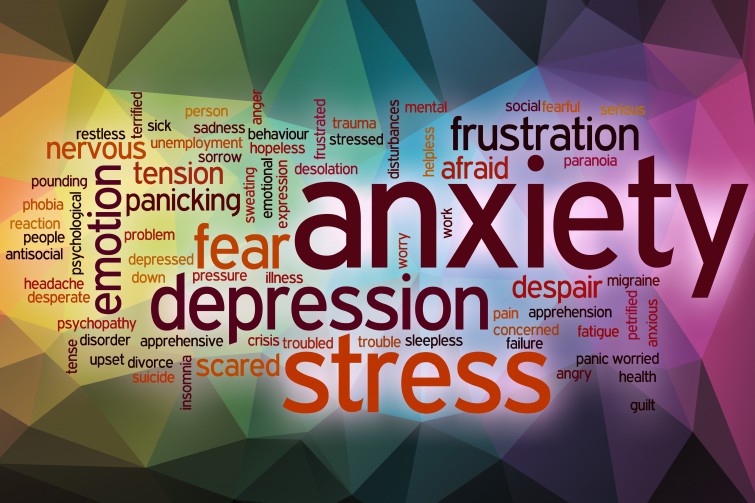
Levels of depression and anxiety in people with severe rheumatoid arthritis are higher than previously reported, according to new research. As a result of their findings, a multi-centre team led by researchers at the Arthritis Research UK Centre for Genetics and Genomics at the University of Manchester, say that patients with severe active disease, who are waiting to go onto a biological therapy, should be routinely screened for depression by their doctors.
The team, led by Professor Anne Barton, also suggest that the way that disease activity in rheumatoid arthritis is currently recorded should be changed in order to improve the way that patients are managed. Their findings are published in the journal Arthritis Care and Research. Rheumatoid arthritis is a serious, inflammatory, auto-immune condition that affects the joints and the body’s internal organs leading to chronic pain and fatigue. New biological therapies have transformed the treatment of people with severe disease in the past decade, although some patients do not adequately respond to these drugs.
The team carried out an observational study of 322 patients with severe rheumatoid arthritis who were waiting to go on biologic therapy. The aim of the study was to investigate the impact of psychological factors upon each of the different parts of the current measure of disease called the DAS28. The DAS28 score takes into account the number of tender and swollen joints and the level of inflammation in the body. It also includes a subjective, patient-reported measure based on how well the patient is feeling.
The team found that subjective measures of response were more likely to be influenced by psychological factors such as mood or beliefs about their illness and the therapies used.
“This may seem obvious but has not been reported before and is important because without treating the depression, the patient’s DAS28 score might not improve as much as it should on a biological drug, and doctors may assume the drug is ineffective,” explained Dr Lis Cordingley, a health psychologist who was the lead author on the paper.
Professor Barton added: “This is the first study of its kind in patients with high levels of active disease, and suggests that routinely assessing a patient’s moods and beliefs – separate to their physical state – would be useful in guiding patient management. As rheumatologists we need to be aware that depression may occur more commonly in patients with severe rheumatoid arthritis than we had realised.”



